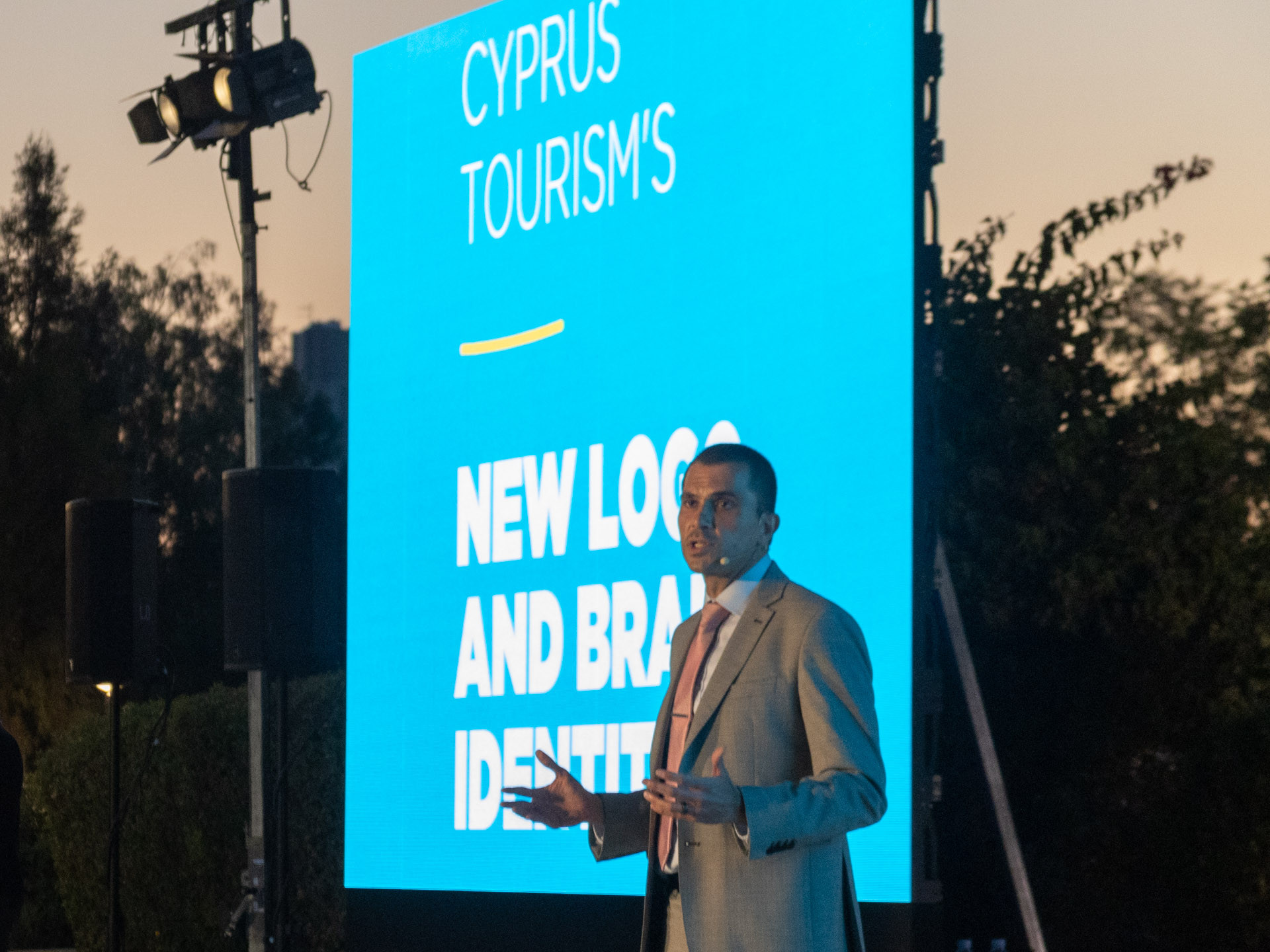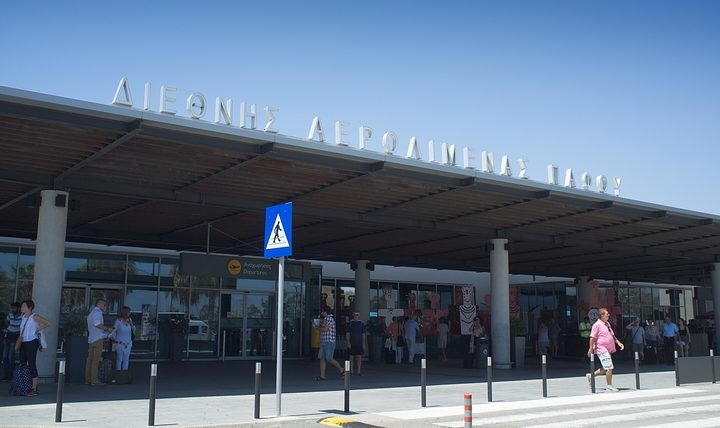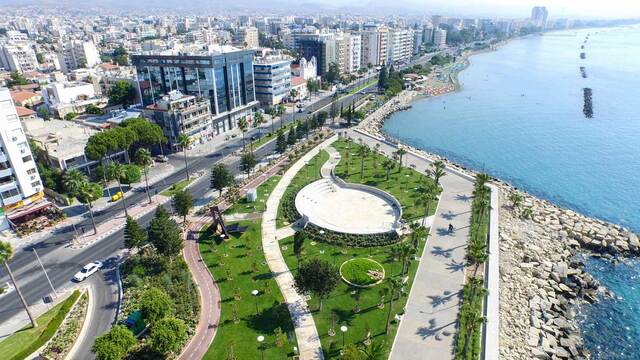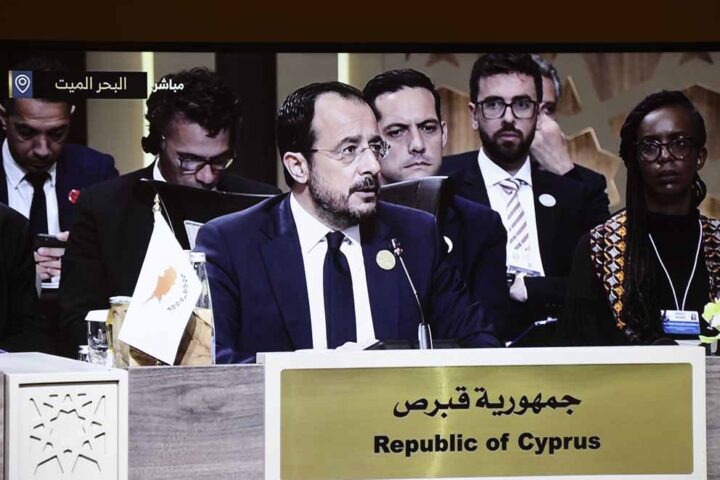News from the World Travel Market in London this week may have been disappointing regarding holiday bookings for next year, but it also serves as a wake-up call to all stakeholders.
Our tourism product needs a general overhaul, widening the net of services to be considered unique, value-for-money, and attract more quality tourism.
As the world gradually comes out of the Covid pandemic that has plagued destinations, airlines, cruise companies, hoteliers and most of all tourism workers, Cyprus will need to compete with giants for 2022 and beyond if it wants to recover.
Although ‘quality tourism’ has been a cliché on everyone’s lips during the past three decades, many tend to ditch this parameter in the name of a quick buck, often keeping an uneasy balance between bigger spenders, who have been on the increase, and package holidays, one the decrease, yet still an important part of the business.
For years, travel companies, primarily the Cyprus specialists in the U.K., have been screaming about improving infrastructure – from defacing neon lights to building paths and bus lanes.
Operators have called for the abolition of the sun-sea-sand formula in favour of adopting services that will highlight the niche products of Cyprus.
The fact that ‘halloumi’ has become a brand ambassador for Cyprus has not been properly utilised, as our national cheese has been accepted into millions of households in Europe and America.
The tourism industry has not marketed the fact that Cyprus is the home of halloumi.
Efforts by far-thinking individuals have also been born fruit.
Cyprus wines and ‘traditional’ cuisine and dishes are only now considered part of the ‘made in Cyprus’ label, with the Deputy Ministry’s ‘Taste’ initiative for food promotion a path in the right direction.
Cultural and religious tourism needs better planning, especially with landmark events.
One of them is the visit in December of Pope Francis, a historical event that needs to be promoted within the framework of Holy Land tours and ‘on the path of the Apostles’.
More than a decade ago, a novel idea by the Ayia Napa/Famagusta region hoteliers created football pitches for winter training by teams that do not have the luxury of sunshine and warm climates, dogged by below-zero temperatures.
On the other side of the island, a handful of hotels in the Paphos and Coral Bay area with Olympic-sized pools encouraged winter training and pre-Games familiarisation programmes for national teams.
Cyclists are now a common phenomenon on our potholed asphalt roads.
The occasional generous winter rains also allowed the Kouris and Yermasoyia dams to fill enough capacity to accommodate rowing teams and crews currently used by the Dragon Boat racing community.
And then we have the biggest attraction of all – running, both distance and along mountain tracks.
The Paphos tourism promotion board is a pioneer in this area.
This year, it invited a dozen ‘influencers’ from the U.K., Germany, Holland and France, to promote the district, especially the Logicom Cyprus Marathon, which uses the emblematic port castle in its marketing.
Limassol and Larnaca marathon organisers merged a few months ago to promote their races at home and abroad.
After almost a decade, the capital will host the first Quantum Nicosia Marathon, an event the city has not enjoyed for a while due to ongoing construction works.
And finally, a greener, eco-friendly, and cleaner destination is a must that needs a lot of work in parallel to reputation management, including upscaling the training of hospitality workers who need to be more polite, helpful, and knowledgeable.
After this, we can ‘welcome back’ tourists and be proud of our ‘philoxenia’.










